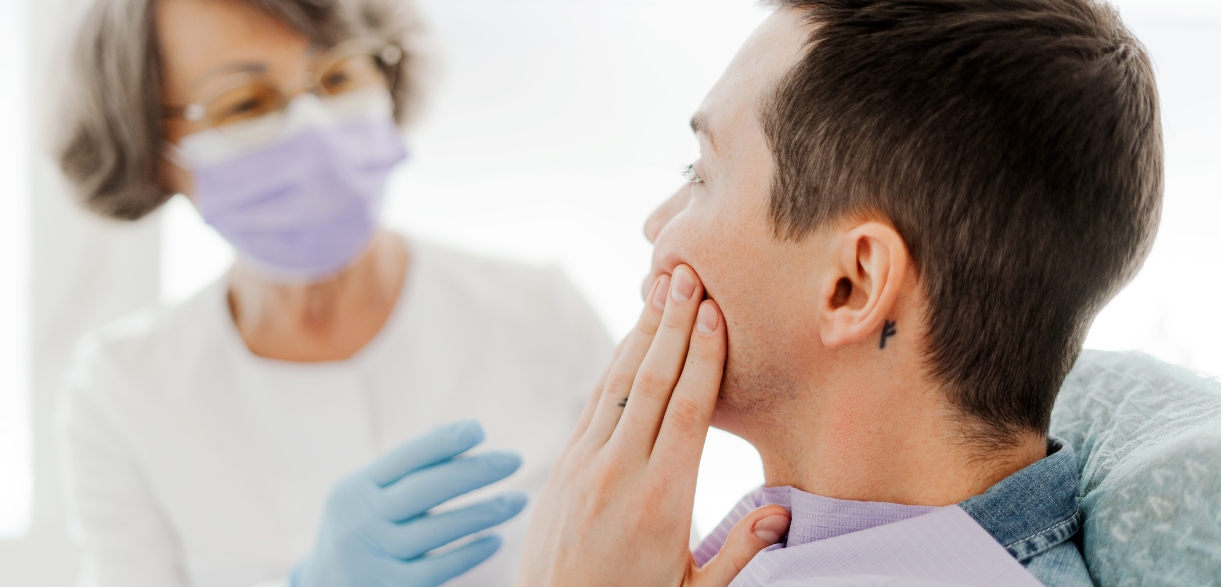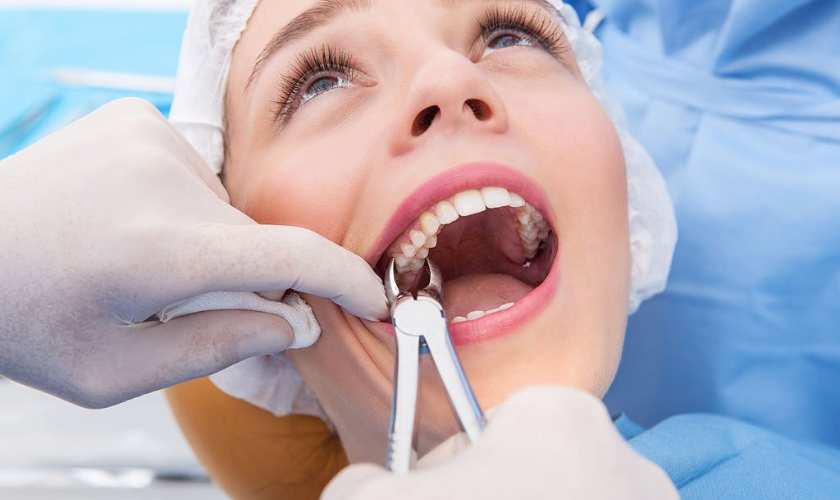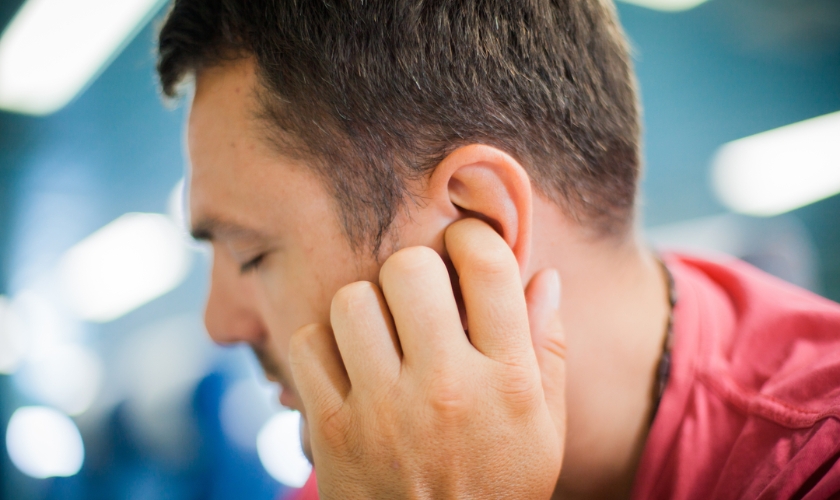$99 New Patient Special - Includes Exam, X-Ray and Basic Cleaning
Can I Brush My Teeth After Wisdom Teeth Removal?
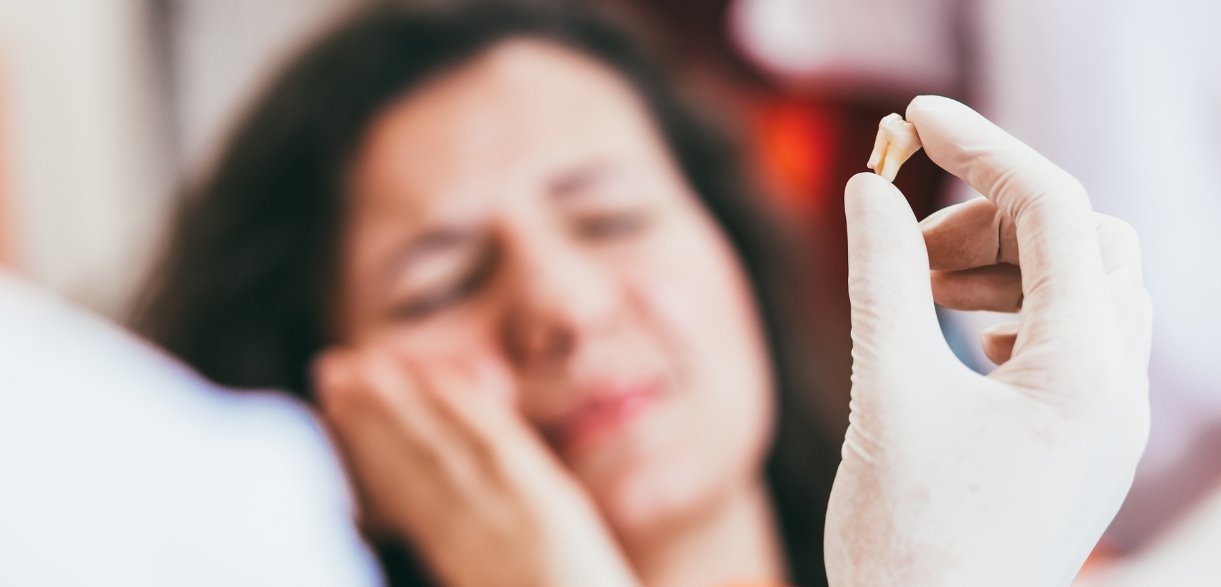
Getting your wisdom teeth removed might feel like a rite of passage. Whether it’s due to overcrowding, impaction, or pain, this common procedure often raises one major question afterward: “Can I brush my teeth after wisdom teeth removal?”
The answer is yes—but with care. Good oral hygiene is crucial after surgery, but you also need to protect the healing area. Let’s dive into the dos, don’ts, and pro tips to keep your smile safe and clean during recovery.
Why Is Post-Op Brushing Important?
Your mouth is full of bacteria, and after wisdom teeth removal, your extraction site becomes an open wound. That’s why keeping your mouth clean is key to preventing infection, reducing swelling, and promoting faster healing.
But scrubbing like it’s any other day? That’s a fast track to irritation—or worse, dislodging the blood clot, which could lead to dry socket (and no one wants that).
Here’s a timeline to guide you through brushing after wisdom tooth removal:
Day 1: Skip The Brush
On the first day after wisdom teeth removal in Georgetown, TX, don’t brush at all. Your mouth is still bleeding slightly, and the clot needs to form undisturbed. Just rest, hydrate, and avoid disturbing the site.
Day 2: Gentle Rinse, Gentle Brush
You can start brushing the non-surgical areas of your mouth using a soft-bristled toothbrush and no toothpaste, which can sting or cause dry mouth. Avoid the back where the teeth were removed.
Also, gently rinse your mouth with warm salt water (¼ tsp salt in 8 oz warm water) a few times a day—especially after meals.
Day 3 & Beyond: Introduce Toothpaste and Rinse Cautiously
From the third day onward, you can reintroduce a small amount of toothpaste and start brushing a little closer to the surgical site, but not directly on it. Don’t swish too aggressively when rinsing.
What To Avoid During Brushing?
It’s easy to get overzealous with oral hygiene—but post-surgery care requires caution. Avoid:
- Electric toothbrushes (for the first 7 days).
- Hard bristles.
- Scrubbing the surgical site
- Spitting forcefully.
- Mouthwashes with alcohol (these can irritate the tissue).
According to the American Association of Oral and Maxillofacial Surgeons, nearly 5 million people undergo wisdom teeth removal in the U.S. each year—and improper post-op care is the leading cause of complications, such as dry socket and infection.
Signs You’re Brushing Too Hard
Even gentle brushing can go wrong if you’re not careful. Watch out for:
- Increased bleeding.
- Throbbing pain or aching.
- Foul odor or taste in your mouth.
- Swelling that worsens over time.
If you experience any of these symptoms, stop brushing near the site and consult your oral surgeon or dentist.
Tips for Easy Cleaning Without Risk
Want to keep things clean and safe? Here are some dentist-approved tips:
- Use a baby toothbrush or ultra-soft brush for precision.
- Opt for lukewarm salt water rinses after meals.
- Hold your brush at a 45-degree angle to your gum line.
- Avoid flossing near the back until healing progresses.
- Drink plenty of water to naturally flush out bacteria.
When Can You Go Back to Your Normal Routine?
Generally, by day 7, you can resume your normal brushing routine—if healing is going well. Still, it’s smart to be gentle around the extraction site for up to two weeks.
Always attend your follow-up appointment so our dentist can confirm the site is healing as expected.
Be Gentle, Stay Consistent
So, can you brush your teeth after wisdom teeth removal? Absolutely—but timing and technique matter. Brushing too early or too hard can disrupt healing, while skipping it altogether increases the risk of infection.
The golden rule? Be gentle, go slow, and keep it clean. Your mouth (and your future self) will thank you for it.



